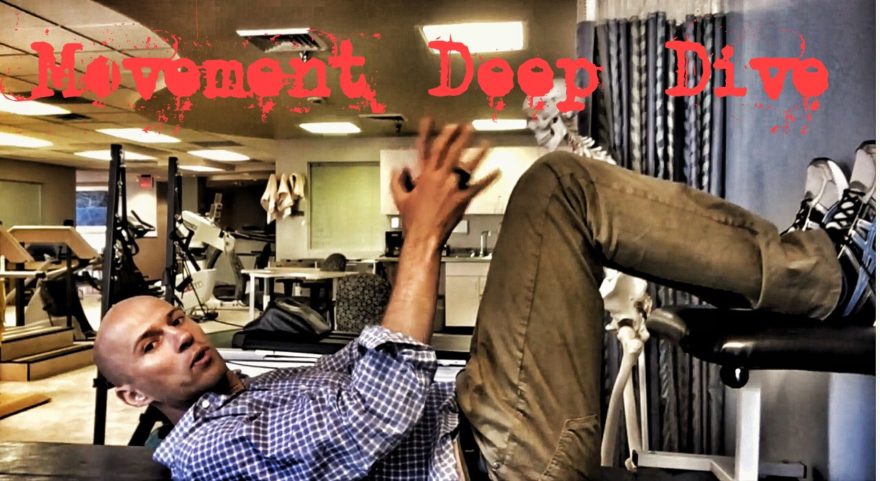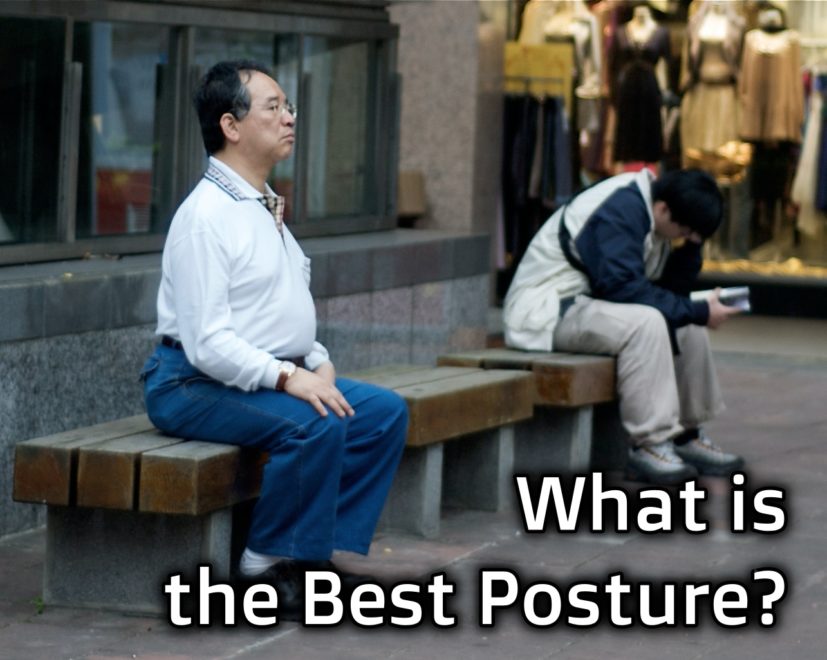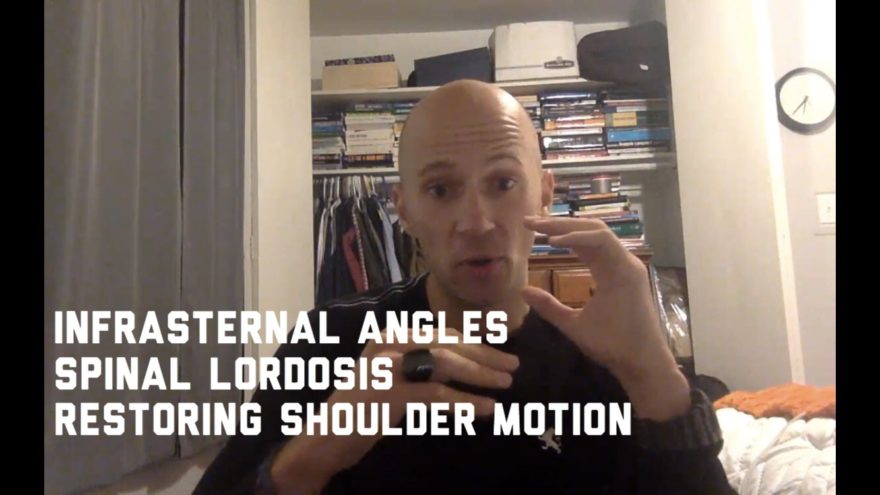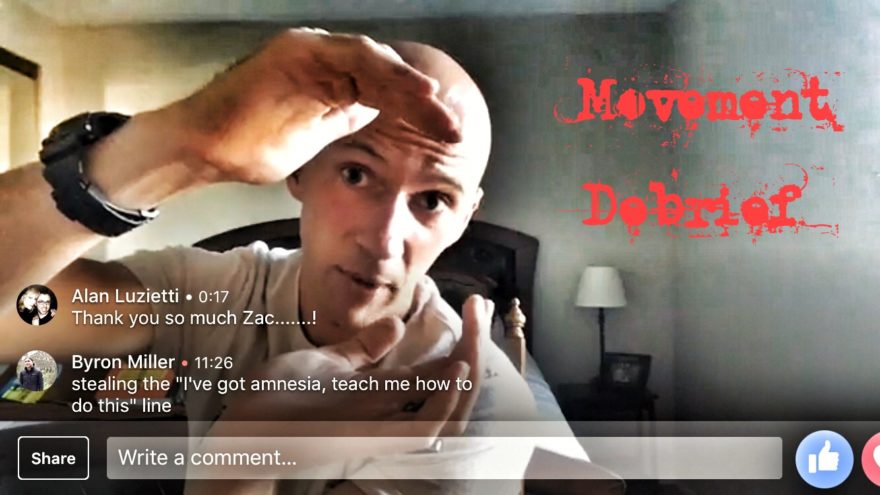Tag: zone of apposition

Troubleshooting the Stack
Can’t talk to me? Then fine-tune your stack, fam! The stack is one of the foundational components needed for A…

Ankle Pinching, Prioritizing Ribs or Spine, and Deviated Septum – Movement Debrief Episode 78
Movement Debrief Episode 78 is in the books. Below is a copy of the video for your viewing pleasure, and…

Zone of Apposition, Total Hip Replacement, and Client Wants vs Needs – Movement Debrief Episode 74
Movement Debrief Episode 74 is in the books. Below is a copy of the video for your viewing pleasure, and…

Breathing, Thoracic Spine, and When it’s Safe to Load – Movement Debrief Episode 63
Movement Debrief Episode 63 is in the books. Below is a copy of the video for your viewing pleasure, and…

90/90 Hip Lift – A Movement Deep Dive
The Fundamental Rehab Technique It’s a classic that does so much more than the naked eye can see. This round…



